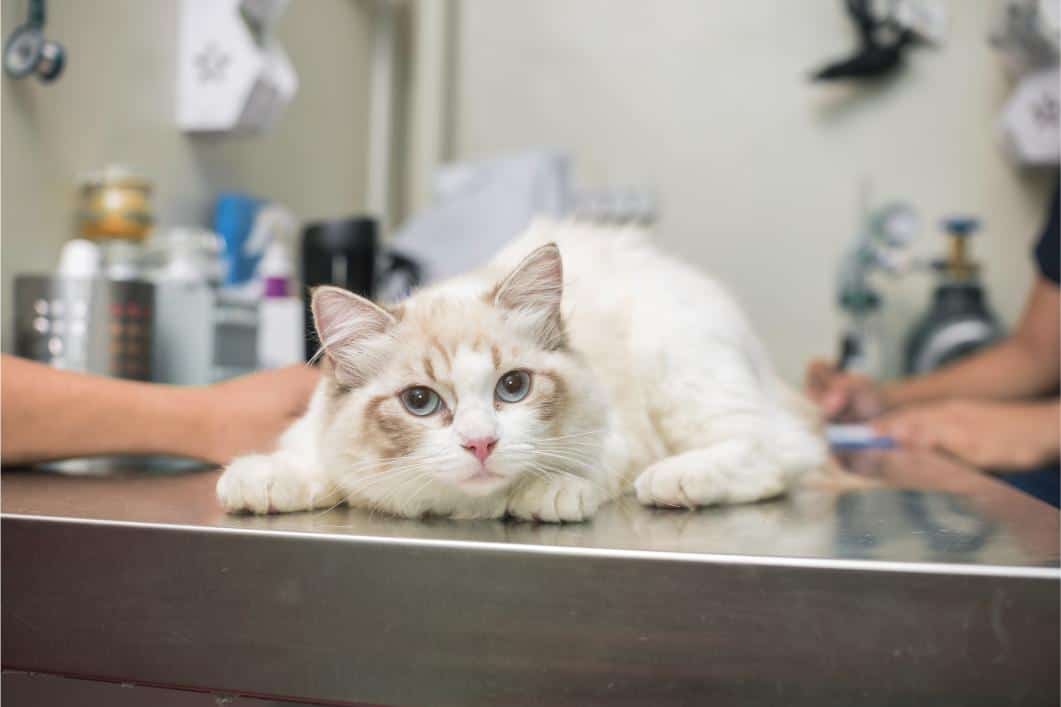Feline Conditions that Require Emergency Care

Cats are experts at hiding pain and discomfort, which can make it tricky for even the most attentive pet parents to know when something’s wrong. But when it comes to certain medical emergencies, a swift response can mean the difference between recovery and heartbreak. If you ever notice the following signs in your cat, it’s time to contact your vet—pronto.
Straining to Urinate
If your cat is making frequent trips to the litter box, crying out, or only producing tiny dribbles of urine, don’t wait—straining to urinate is an emergency. Male cats in particular are prone to urethral blockages, which can become life-threatening within hours. You may also notice your feline friend licking their genitals, pacing, or hiding. Never assume it’s “just a UTI”—in cats, urinary trouble can signal a serious condition.
Trouble With Their Hind Legs
Sudden paralysis or weakness in your cat’s hind legs may indicate a condition called aortic thromboembolism (ATE), sometimes referred to as a “saddle thrombus.” This is when a blood clot lodges near the back end of the body, where it cuts off circulation to the legs. It often strikes without warning, and is extremely painful. Cats may drag their back legs, yowl, or breathe rapidly. ATE is a medical emergency that requires swift, aggressive care.
Bite Wounds Can Be Bigger Than They Look
A bite wound on a cat isn’t just a surface issue. Even a small puncture can turn into an abscess within 24-48 hours. These wounds are common in outdoor or multi-cat households where fights can break out. Look for swelling, heat, or discharge—especially on the neck, legs, or rump. Bite wounds can become infected quickly, and may require antibiotics, draining, or even surgery.
Eaten Foreign Objects? Don’t Wait
Cats are curious creatures, and sometimes their sense of play turns dangerous—especially when they’ve eaten foreign objects. String, ribbon, hair ties, and rubber bands are common culprits. Vomiting, lethargy, loss of appetite, or hiding may be signs your kitty’s got something lodged inside. Surgery may be needed, and delay can result in serious internal damage.
Exposed to Toxins
Cats are extra sensitive to certain toxins, including common household items like lilies, antifreeze, human medications, essential oils, and even some flea treatments meant for dogs. Because their livers process substances differently, exposure to even a small amount can be fatal. If your cat walks through a chemical spill, chews a plant, or you suspect your cat has been exposed to toxins of any kind, don’t wait—call your vet or an emergency clinic immediately. Bring the suspected substance with you if possible.
When to Call Allure Veterinary Partners
At Allure Veterinary Partners, we believe you know your cat better than anyone, so if something feels off, Don’t hesitate to contact us. Our team provides compassionate, cat-savvy urgent care when your feline family member needs it most.
